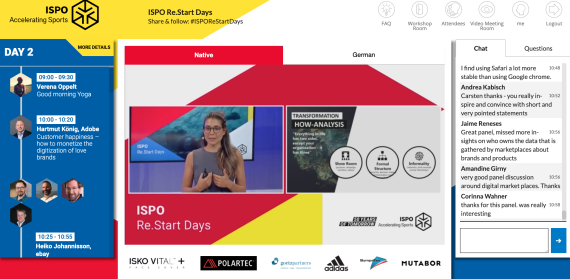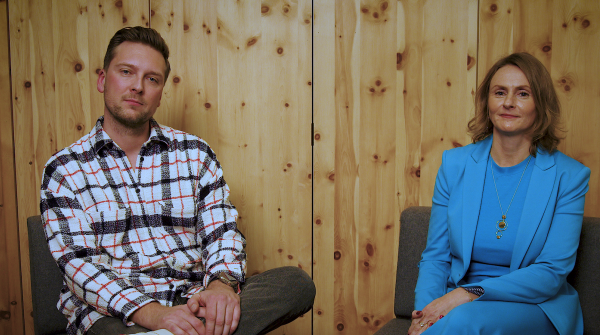
Daimler Mobility AG is one of the pillars of Daimler AG and specializes in financial and Mobility solutions, automotive-related financial services such as leasing and financing offers, car fleet management and on-demand mobility services with app-based mobility solutions such as car sharing.
The goal is to expand the three core activities of financial services, fleet management and digital mobility solutions and to systematically digitalize their business processes. This will enable them to become even more efficient on the one hand, while at the same time satisfying customers' desire for rapid financing or leasing via the digital channels.
In order to achieve these goals, the 40 divisions of the company, which up to now have operated relatively independently of each other, are to be brought closer together. The new focus on centralization and a new COO, Jörg Lamparter, whose task is to bring together the many divisions, will expand the basic framework for global scaling potential.
At first glance, a company like Daimler Mobility does not seem to fit in with the topic of sports and outdoor activities. But the digital transformation works on the same basic principle for all organizations. So any company can learn from Sophia Rödiger's experience - even in the sports business.
According to Sophia Rödiger, an organization must be analyzed on three levels in order to take advantage of a crisis. A successful transformation requires new radical solutions in all three areas. Although these areas are differently weighed in different types of companies, they are present in almost all of them and are therefore an important part of any transformation.

- Stage: At the stage level, the image of the organization is adapted, new campaigns are set up and authentic purpose communication is developed. This level is used by most during a crisis. Here, Daimler Mobility focuses on the communication of premium services for electric and autonomous vehicles, a shift to radical efficiency and shows what benefits the consumer gets from this.
- Structure: Adapting the internal formal structure is essential for successful digitalization in crisis situations. Daimler Mobility centralizes and globalizes all operational processes and product development. This includes a new Chief Operations & Digital Solutions and a new global project portfolio management.
- Network: Network and relationship management means to talk closely to people in the company, to ask for problems and to listen carefully. Working together with committed change agents helps Daimler Mobility to use these methods to create networks and "short official channels" that improve communication within the company.
In order to make a transformation successful in a crisis situation, some rules must be observed. Sophia Rödiger summarizes five tips that are applicable to all companies and should be observed for a successful implementation of a transformation:
- A "new mindset" is not a sufficient solution for a weakness in your organisation.
- Companies should use the momentum of radicalisation to change things: Opportunities of the crisis should not be changed.
- Not everyone will agree with the changes, because real transformation is difficult. However, you can try to talk to the people affected in order to solve the problems.
- Role models at management level are important and must repeat the new message again and again.
- Initiatives must be taken at all three levels described above.
Companies can also learn from each other within an industry or between different industries. Strong communication is always useful.
- Awards
- Mountain sports
- Bike
- Fitness
- Health
- ISPO Munich
- Running
- Brands
- Sustainability
- Olympia
- OutDoor
- Promotion
- Sports Business
- Textrends
- Triathlon
- Water sports
- Winter sports
- eSports
- SportsTech
- OutDoor by ISPO
- Heroes
- Transformation
- Sport Fashion
- Urban Culture
- Challenges of a CEO
- Trade fairs
- Sports
- Find the Balance
- Product reviews
- Newsletter Exclusive Area
- Magazine





